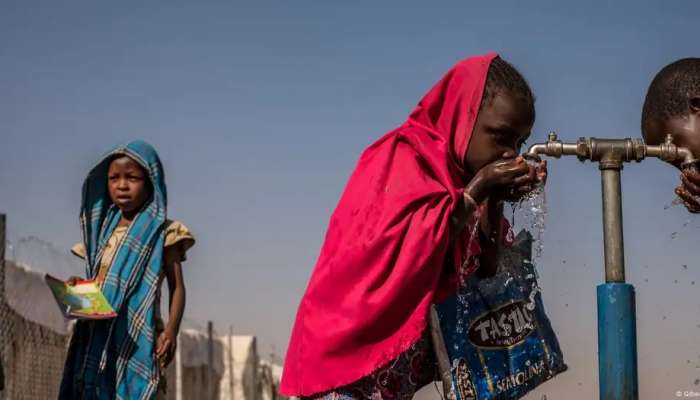
Abuja: Cholera claimed the lives of 350 people between January and September in Nigeria, according to data from the Nigeria Centre for Disease Control and Prevention (NCDC) released on Monday.
At the same point in 2023, the death toll from this disease stood at 106, representing a 239% increase over the same period.
Lagos state, home to Nigeria's most populous city and financial capital, recorded the highest number of cases, according to the report.
The number of suspected cholera cases has also risen compared to the previous year, from 3,387 to 10,837 in the first nine months.
Most of those affected were children under the age of five.
The lack of drinkable water in rural areas and urban slums makes Nigeria especially vulnerable to cholera outbreaks, a waterborne disease.
Cholera outbreak hits Borno state
Last week, Nigerian authorities reported that a cholera outbreak was affecting Borno state, according to the Reuters news agency. Some 17 cases were confirmed, but no deaths have been reported.
Since September, Borno has been dealing with floods that have displaced nearly 2 million people and damaged healthcare infrastructure.
Additionally, Borno's sanitation facilities and water sources have been severely compromised since the start of the Boko Haram insurgency 15 years ago.
"We are recording an increasing number of Acute Watery Diarrhea suspected Cholera which is not unconnected with the flood devastation," Baba Mallam Gana, Borno's Health Commissioner, said on Friday.
The Nigerian Health Ministry has provided Borno with 300,000 doses of the Oral Cholera Vaccine (OCV) to combat the situation, though the state is still expecting 600,000 more doses, according to Gana.
The vaccines have been distributed across displacement camps and flood-affected communities.
What is cholera?
Cholera is an intestinal infection spread through contaminated food and water. Symptoms include severe diarrhea, vomiting, muscle cramps, and, in some cases, death. However, less than 1% die when treated promptly.
It primarily affects poor countries without adequate plumbing and water sanitation.
In 2021, more than 2,300 people, especially children under the age of 14, died from a cholera epidemic in Nigeria, according to health authorities.